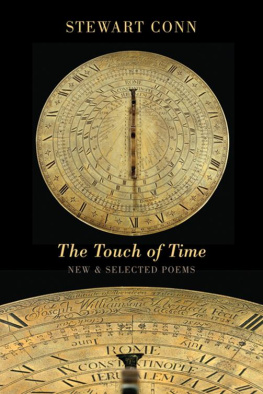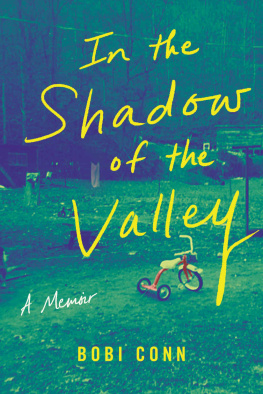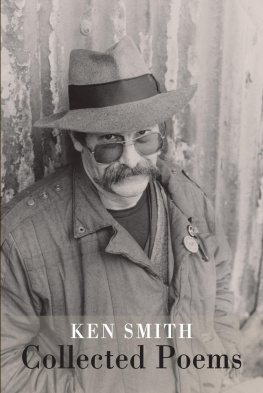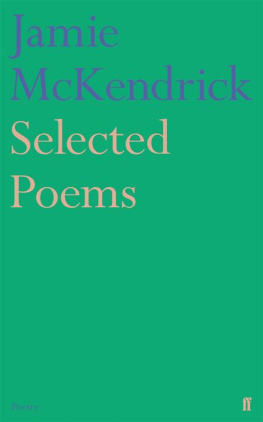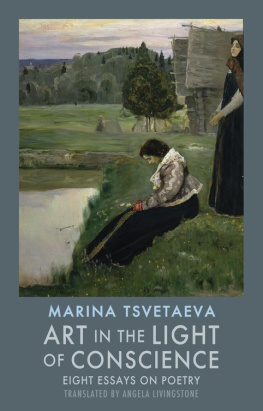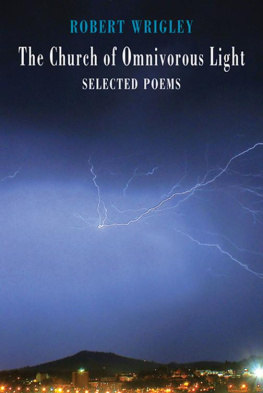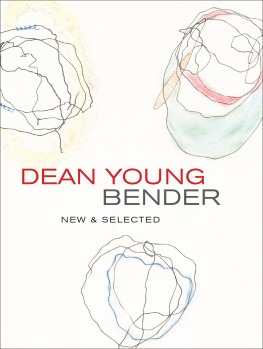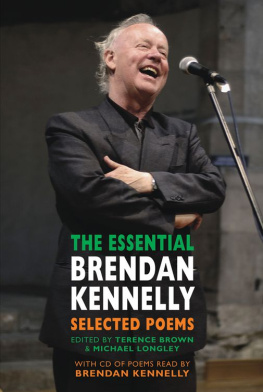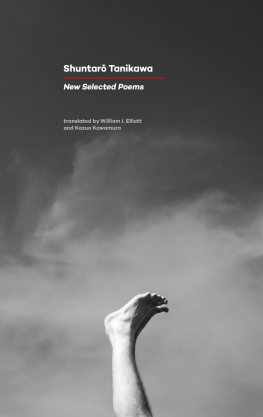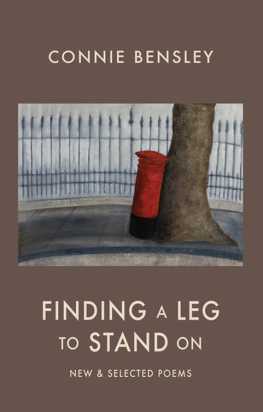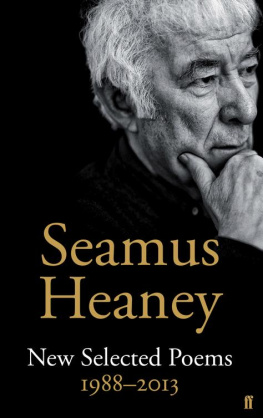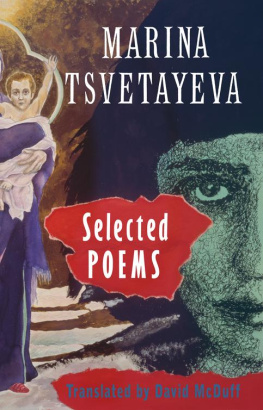STEWART CONN
THE TOUCH OF TIME
New & Selected Poems
The Touch of Time is a comprehensive retrospective of the work of one of Scotlands leading poets drawing on ten previous books published over five decades. The new work here pursues the themes of his earlier Bloodaxe collections
Stolen Light: Selected Poems (1999),
Ghosts at Cockcrow (2005) and
The Breakfast Room (2010). With what Professor Carla Sassi sees as his thoughtful attention to small details, his redeeming gaze, his formal control of impeccably constructed verses, and his deep and warm humanity, he movingly explores everyday events and revelations and how like our lives and those of our loved ones they are transformed by time. Stewart Conn is one of Scotlands most skilled and wide-ranging poets. A sympathetic, if quite unsentimental, treatment of the natural world, or the rural one at least, does run throughout his poetry, but so do the themes of love, family relationships, the nature and power of art, and that time-honoured subject of poetry the fragility and transitoriness of life itself DAVID MCCORDICK ,
Scottish Literature in the Twentieth Century. He stands among the indispensable poets of modern and contemporary Scotland DOUGLAS DUNN ,
The Dark Horse.
COVER PICTURE Horizontal sundial made by Joseph Williamson, Aberdeen, 1728 NATIONAL MUSEUM OF SCOTLAND for JudyDame, de qui toute ma joie vient GUILLAUME DE MACHAUT , c. 130077
Sections I-VII are extracted from
Stolen Light: Selected Poems (Bloodaxe Books, 1999), which in turn drew on
Thunder in the Air (Akros, Preston, 1967) and
The Chinese Tower (MacDonald, Edinburgh, 1967);
Stoats in the Sunlight (1968),
An Ear to the Ground (1972) and
Under the Ice (1978), all Hutchinson, London;
In the Kibble Palace (Bloodaxe Books, 1987),
At the Aviary (Snail Press, Plumstead, South Africa, 1992), and
The Luncheon of the Boating Party (1992) and
In the Blood (1995), both Bloodaxe Books. Other poems are reinstated from these volumes or are from
Distances: a personal evocation of people and places (Scottish Cultural Press, 2001). The poems tend to be grouped thematically rather than observing strict chronology. A number of revisions and excisions have been made. Sections VIII and IX represent respectively
Ghosts at Cockcrow (2005) and
The Breakfast Room (2010) , both from Bloodaxe and the latter incorporating
The Loving-Cup (Mariscat Press, 2007).
Section X includes poems from Estuary (Mariscat Press, 2012). Gratitude is expressed to all the publishers named and, for poems in the final Section or hitherto unacknowledged, to the editors of Carapace, Edinburgh Review, The Herald, New Writing Scotland, The North, Poetry International (San Diego), Poetry Scotland, The Scotsman, The Scottish Review of Books, Southlight, The Spectator and The Times Literary Supplement. Special thanks to Hamish Whyte for discerning guidance.
CONTENTS
My fathers white uncle became arthritic and testamental in lyrical stages. He held cardinal sin was misuse of horses, then any game won on the sabbath. A Clydesdale to him was not bells and sugar or declension from paddock, but primal extension of rock and soil.
Thundered nail turned to sacred bolt. And each night in the stable he would slaver and slave at cracked hooves, or else save bowls of porridge for just the right beast. I remember I lied to him once, about oats: then I felt the brand of his loving tongue, the belt of his own horsey breath. But he died, when the mechanised tractor came to pass. Now I think of him neighing to some saint in a simple heaven or, beyond complaint, leaning across a fence and munching grass.
More vicious than stoat or weasel because caged, kept hungry, the ferrets were let out only for the kill: an alternative to sulphur and nets.
Once one, badly mauled, hid behind a treacle-barrel in the shed. Throwing me back, Matthew slid the door shut. From outside the window, I watched. He stood holding an axe, with no gloves. Then it sprang; and his sleeves were drenched in blood where the teeth had sunk. I hear its high-pitched squeal, the clamp of its neat steel jaws.
And I remember how the axe flashed, severing the ferrets head, and how its body kept battering the barrels, long after it was dead.
The sun drills the shire through and through till the farm is a furnace, the yard a quivering wickerwork of flame. Pitchforks rise and fall, bales are fiery ingots. Straws sputter like squibs. Stones explode. From the byre, smack on time, old Martha comes clattering out with buttered bannocks and milk in a pail.
Todd, his face ablaze, swims back in what shadow there is. Hugh and John stretch out among sheaves. Hens squabble for crusts; a dog flicks its tail at a cleg; blueflies bunch like grapes. Still the sun beats down, a hammer on tin. And high overhead vapour-trails drift seaward, out past Ailsa Craig.
Ploughlands roll where limekilns lay seeping in craters.
Where once dense fibres oozed against gatepost and fence till staples burst, firm wheatfields sway; and where quarries reeked, intense with honeysuckle, a truck dumps load upon load of earth, of ash and slag for the raking. Spliced hawsers drag roots out and wrench the rabbit wood apart as though some cuckoo fugue had rioted. On this mossy slope that raindrops used to drill and drum through dusk, no nightjar flits nor numb hawk hangs as listening foxes lope and prowl; no lilac shadows thumb the heavy air. This holt was mine to siege and plunder, here I caged rare beasts or swayed royally on the aged backs of horses here hacked my secret sign, strode, wallowed, ferreted, rampaged. But acres crumple and the farms new image spreads over the old. As I face its change, a truck tips litter; hens assess bright tins, then peck and squawk their rage.
The truck spurts flame and I have no redress.
Before the advent of the combine the big mill would lumber from farm to farm, spouting steam and flame: stooks extending to the horizon and beyond, weathered by sun or rain. Intricate as a dance, was the tying of the sheaves, on the ground or against one thigh, to a communal rhythm; then their hoisting in the stackyard, forks flashing; and as though riding on air, the man on top, under steady bombardment, circling and weaving, gold ramparts rising round him to a music compelling as any eightsome.
Every new years morning the farmers would meet at Harelaw with their guns for the shoot. Mungo red in the face, Matthew hale as a tree, John huge in old leather. The others in dribs and drabs, shotguns over their shoulders, bags flopping at their sides, collars up.
Wed set out across the north park, the glaur on our leggings freezing as we left the shelter of the knowes. No dogs. Even the ferrets on this day of days left squealing behind their wire. Wed fan out, taking the slope at a steady tramp. Mungo always aimed first, blasting away at nothing. Hugh cursed under his breath; the rest of us kept going.
Suddenly the hares would rise from the bracken-clumps and go looping uphill. I remember the banks alive with scuts, the dead gorse-tufts splattered with shot. One by one the haversacks filled, the blood dripping from them, staining the snow. Matthew still in front, directing the others; the sun red behind its dyke, the wind rising. And myself bringing up the rear, pretending I was lost, become the quarry. Three blasts on a whistle, the second time round.

